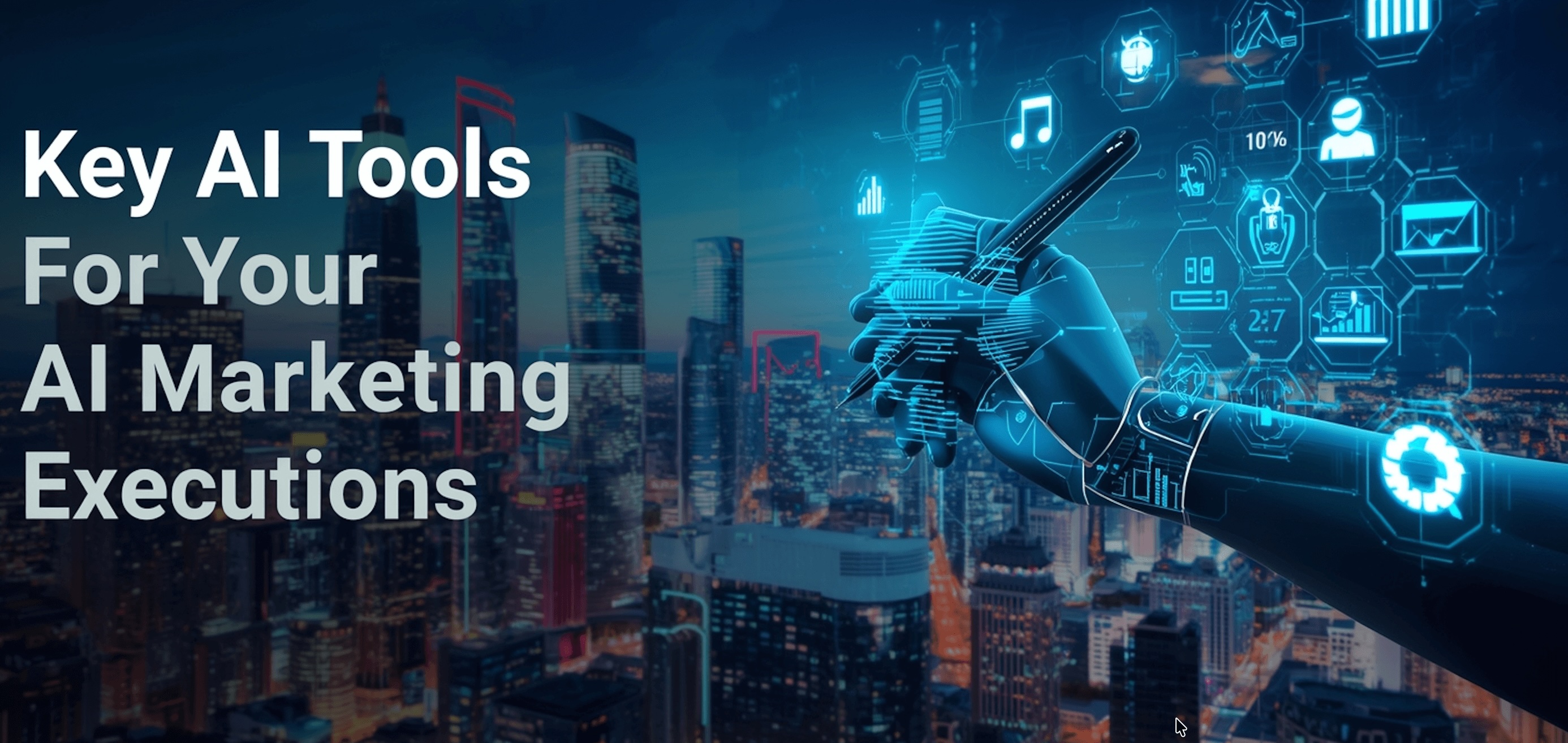
- @PartnershipsForTheGoals
- @LondonCityCircleEntrepreneurSocials
- @BusinessSpeedNetworking
- @Genius50StartupEntrepreneurs
- @AiToolsForBusiness
What is AI marketing execution?
Let me start with what AI marketing execution actually means in practical terms. It's simply using artificial intelligence to handle your marketing tasks - automating processes, making campaigns better, and getting smarter about how you reach customers. Think of it as moving away from guesswork toward using data to predict what your customers want and when they want it [13].
I'll be honest - the numbers around this are pretty staggering. McKinsey estimates that generative AI could add up to USD 4.4 trillion to the global economy each year [1]. And we're not talking about some distant future here. As of 2024, 72% of businesses worldwide are already using AI in some form [1].
Here's what AI marketing execution really covers:
- Data-Driven Analysis - Machine learning algorithms crunch through massive amounts of customer data to find patterns you'd never spot manually
- Personalization at Scale - Delivering unique experiences to each customer based on what they actually do and prefer
- Real-Time Optimization - Your campaigns adjust automatically based on what's working and what's not
- Predictive Analytics - Forecasting what customers might do next so you can stay one step ahead
What makes this powerful is speed. AI can process data from multiple channels faster than any human team, which means you can see how your campaigns are performing almost instantly and make changes on the fly [1]. This helps you spot winning strategies quickly, figure out the best channels for your ad spend, and make sure you're getting the most bang for your buck.
Difference between AI tools and AI agents
There's a crucial distinction I want to clear up here - the difference between AI tools and AI agents. Most people use these terms interchangeably, but they work very differently.
AI tools are like smart assistants that follow instructions. You ask them to do something specific - generate an email, create an image, write some copy - and they do it [1]. That's it. They don't remember what they did before, and they can't decide what to do next [1]. So if you use an AI tool to write email copy, it won't automatically send that email or track how well it performed.
AI agents, on the other hand, are goal-oriented systems that can think and act independently [1]. They have memory, can learn from what happens, and will keep working toward a goal until they achieve it [1]. Unlike tools, agents can start tasks on their own, remember context from previous interactions, focus on driving actual business results, and connect with your existing systems [1].
The co-founder of ManChain puts it simply: an AI agent is "a system that uses a large language model (LLM) to decide the control flow of an application" [14]. The key difference? Decision-making autonomy [14].
Here's how this plays out in real marketing scenarios:
When someone from a target B2B account visits your website, an AI agent might:
- Perceive - Notice this visitor is from a priority account, see they're a technical decision-maker, and track that they've been looking at product documentation
- Reason - Compare this behavior to patterns from other successful deals and determine they're actively evaluating solutions
- Act - Automatically send a personalized demo invitation, alert your sales rep, and customize their website experience with technical content that matters to them [1]
This cycle of sensing, thinking, and doing gives AI agents a level of independence that traditional marketing automation just can't match [1].
Why does this distinction matter? Because it changes everything about how you approach marketing. AI tools make you more efficient at specific tasks, but AI agents can take over entire workflows - scoring leads, updating your CRM, launching nurture sequences, assigning accounts - which frees you up for the creative and strategic work that actually moves the needle [1].
My recommendation? Use both, but strategically. Deploy AI tools for specific, bounded tasks like content creation, and use AI agents for complex workflows that need ongoing optimization [1]. Just make sure you set clear boundaries and policies for your agents so they don't drift away from your intended goals [1].
The future of AI marketing execution will likely see these two approaches working together more seamlessly, creating marketing operations that blend human creativity with AI's analytical power.
Why You Need AI Tools in Your Marketing Arsenal
Fast-growing organizations generate 40% more revenue from hyper-personalization compared to their competitors [4]. But what does that actually mean for your business? Let's break down why AI marketing tools have become essential for staying competitive.
1. Speed and scale you can't achieve manually
Think about how much time your team spends on repetitive marketing tasks. AI marketing automation changes the game by handling those time-consuming processes automatically. Your team can manage large-scale campaigns across multiple channels without hiring more people or stretching resources thin.
The technology takes care of operational tasks like lead assignment, score adjustments, nurture track launches, and CRM record updates, freeing your marketers to focus on creative and strategic work [5]. This isn't just theory - it's happening right now for businesses that have made the switch.
Consider this: AI can automatically optimize ad placements and messaging based on current trends, improving the accuracy and relevance of targeting efforts in real time [6]. When you're managing extensive product catalogs or serving diverse audience segments, this capability becomes invaluable.
The financial impact? AI's ability to process and analyze omnichannel data faster than humans allows marketing teams to see campaign impact nearly instantaneously and adjust tactics accordingly [7]. That agility lets you respond quickly to market changes and customer behavior shifts.
2. Real-time personalization that actually works
Personalization has moved way beyond using someone's name in an email. Today's consumers expect brands to understand their preferences on a deeper level [8]. AI makes this possible at scale.
Here's what AI-driven personalization looks like in action: AI can analyze browsing history to make product recommendations that appear on social media feeds shortly after someone views a product page [9]. That level of targeted engagement was impossible at scale just a few years ago.
AI marketing tools can:
- Create personalized product recommendations based on individual browsing and purchase patterns
- Generate dynamic content that adapts to each user's interests and behaviors
- Deliver tailored messaging based on where customers are in their journey
- Optimize channels to reach people through their preferred communication methods
AI marketing tools predict which products customers might want next, optimize pricing strategies, and improve lead scoring through analysis of customer behavior patterns [7]. The result? More relevant marketing that resonates with individuals rather than broad segments.
Read the rest of the article: CLICK HERE







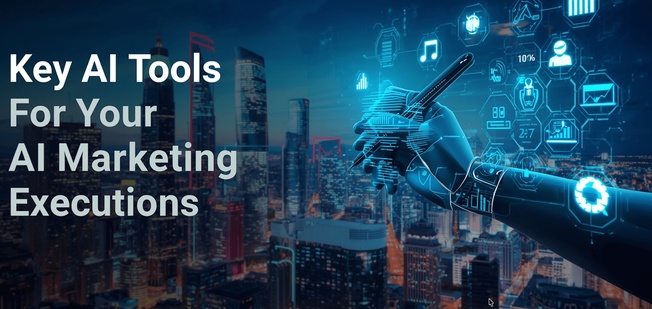
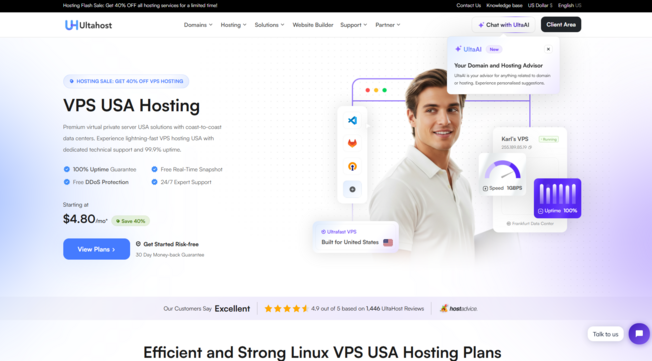

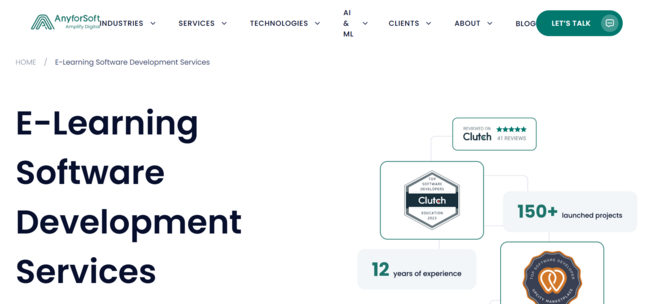


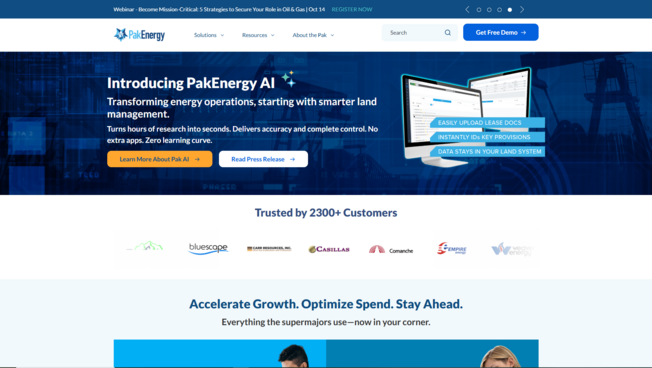



Leave a Reply